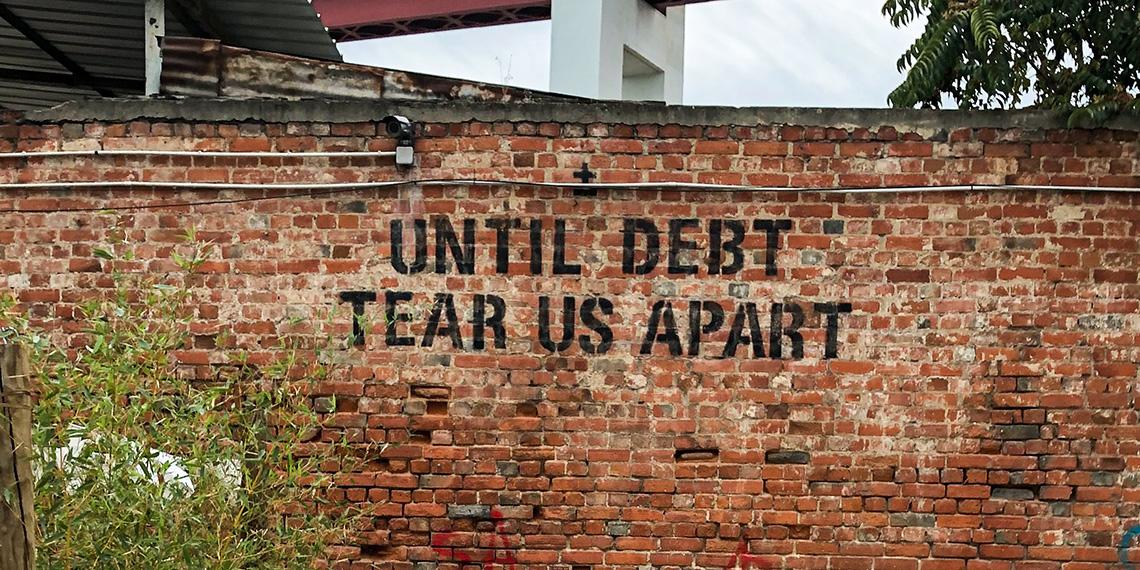You are here
Emerging Covid19 underclass requires urgent and radical Government action

People losing their income, housing and jobs, as a result of COVID-19 will be the new face of social need in New Zealand, says the latest Salvation Army monitoring report.
Vulnerable groups already emerging at Salvation Army social services throughout New Zealand include people who have lost their jobs and households unable to meet rent and mortgage costs. Of further concern are immigrants formerly vital to New Zealand productivity, but now jobless and without any entitlement to Government support. The situation is needing attention, National Social Policy Director Ian Hutson says.
The Salvation Army responded to considerable increases in demand for food over the last two weeks. In the last week, the organisation delivered 5895 food parcels, a 346 per cent rise from the week before the COVID-19 lockdown.
New Zealand cannot rely as it has in the past on government and charitable supported, community-based food banks to meet this new food demand. The opportunity of this crisis is to break out of the cycle of food poverty and create a society where no-one goes hungry, based on social, economic and welfare responses that are sustainable, structural and mana enhancing.
Also of concern is the situation of workers from overseas who are here on temporary work visas and who actively contributed to New Zealand’s hospitality and agricultural workforce and productivity. These workers have lost their employment and are not eligible for welfare assistance. The Salvation Army encourages the Government to enable people to return to their countries of origin or to provide income support during the forced closure of their workplaces.
COVID-19 has deepened the housing crisis. People unable to pay their rent or mortgage could soon add to an already out of control need for social housing. At present, 15,495 are on the waiting list for social housing with more than 5000 households isolated in transitional or emergency housing.
COVID-19 provides a unique opportunity for the Government to resolve New Zealand's housing crisis. With an economy requiring massive stimulation and the need for the widespread creation of many new jobs, opportunities to fix the housing crisis abound.
The Salvation Army believes conditions are right for a multi-billion investment in housing to address the housing crisis in New Zealand. Such an investment should include social housing through a significant social house building programme; the boosting of homeownership with a national progressive homeownership programme giving all households with an income over $60,000 the chance to own a home of their own. It should also include the creation of a new public supply of houses for rent.
For more information: read the latest Salvation Army Social Impact Report.
For enquiries contact: The Salvation Army Territorial Media Officer, 021 945 337, email: media@salvationarmy.org.nz
Photo by Daniel Thiele on Unsplash